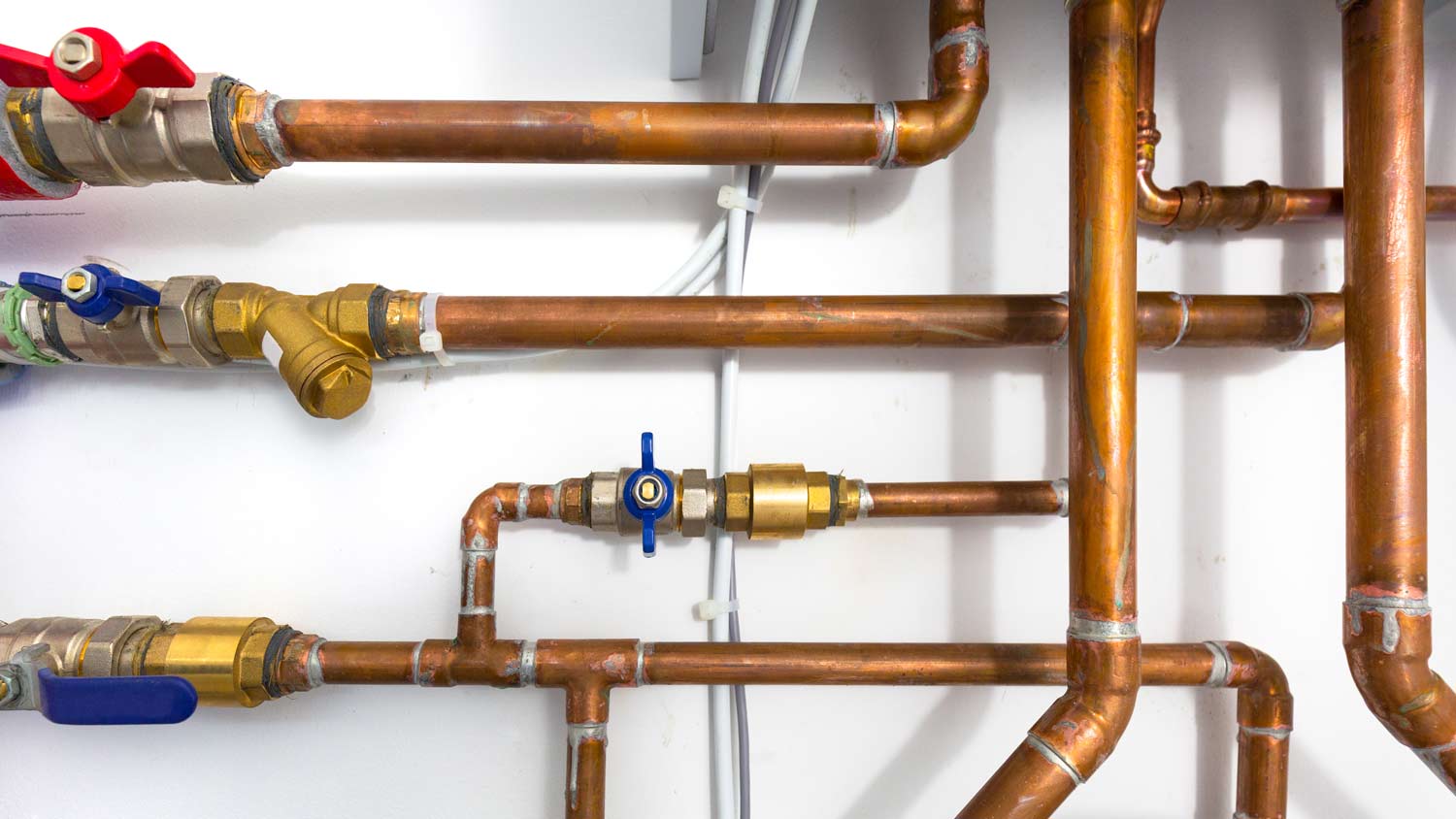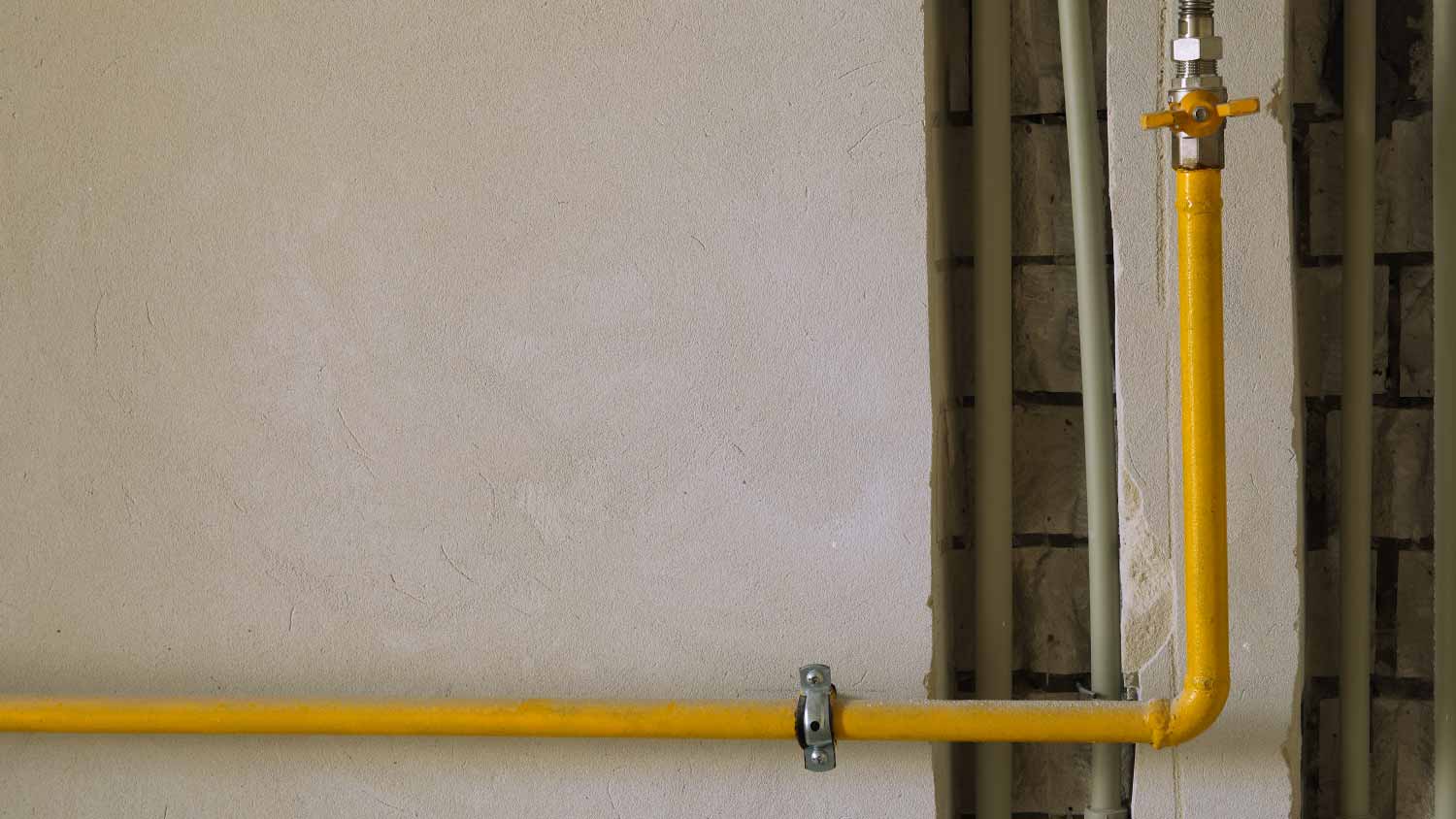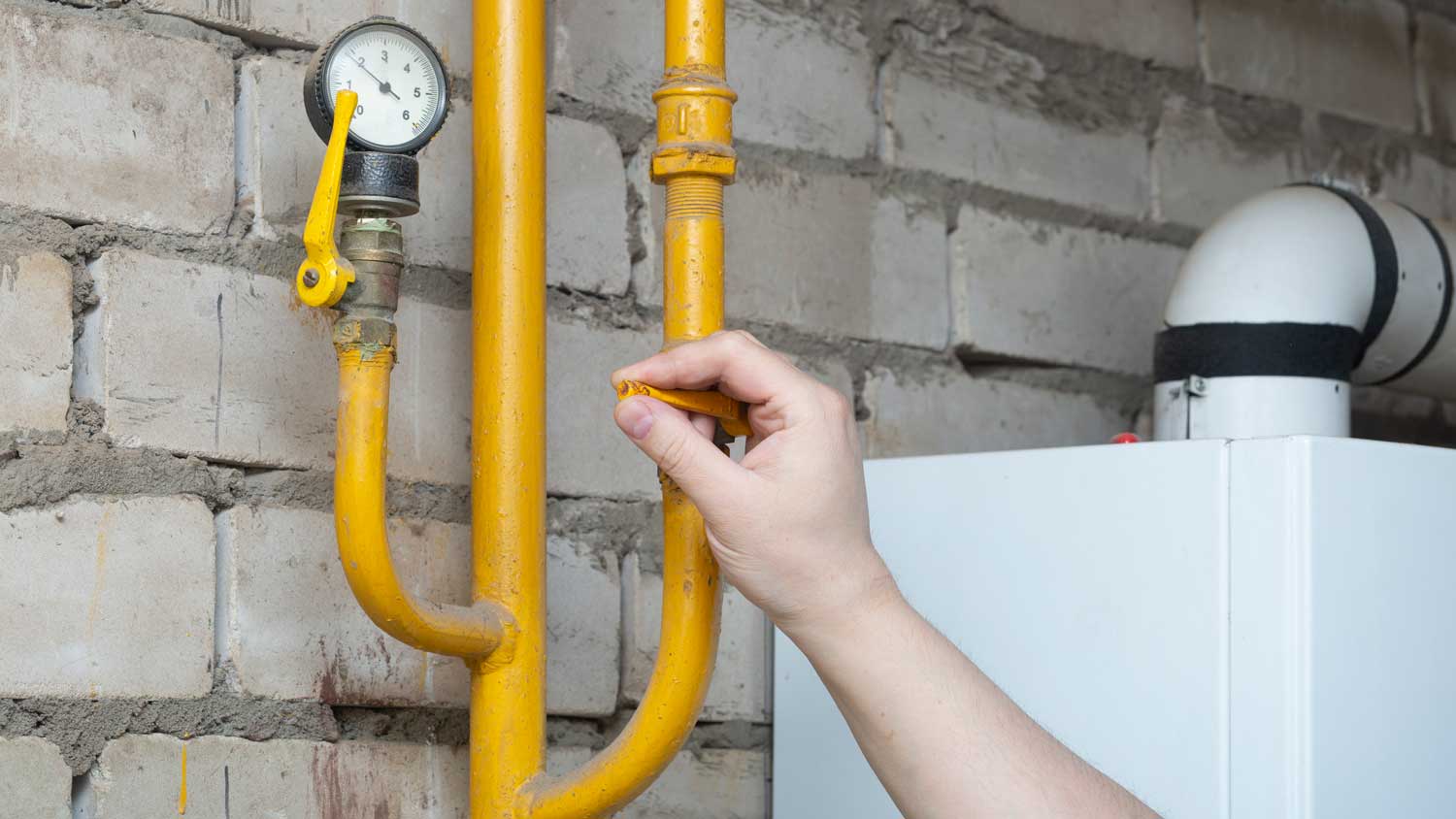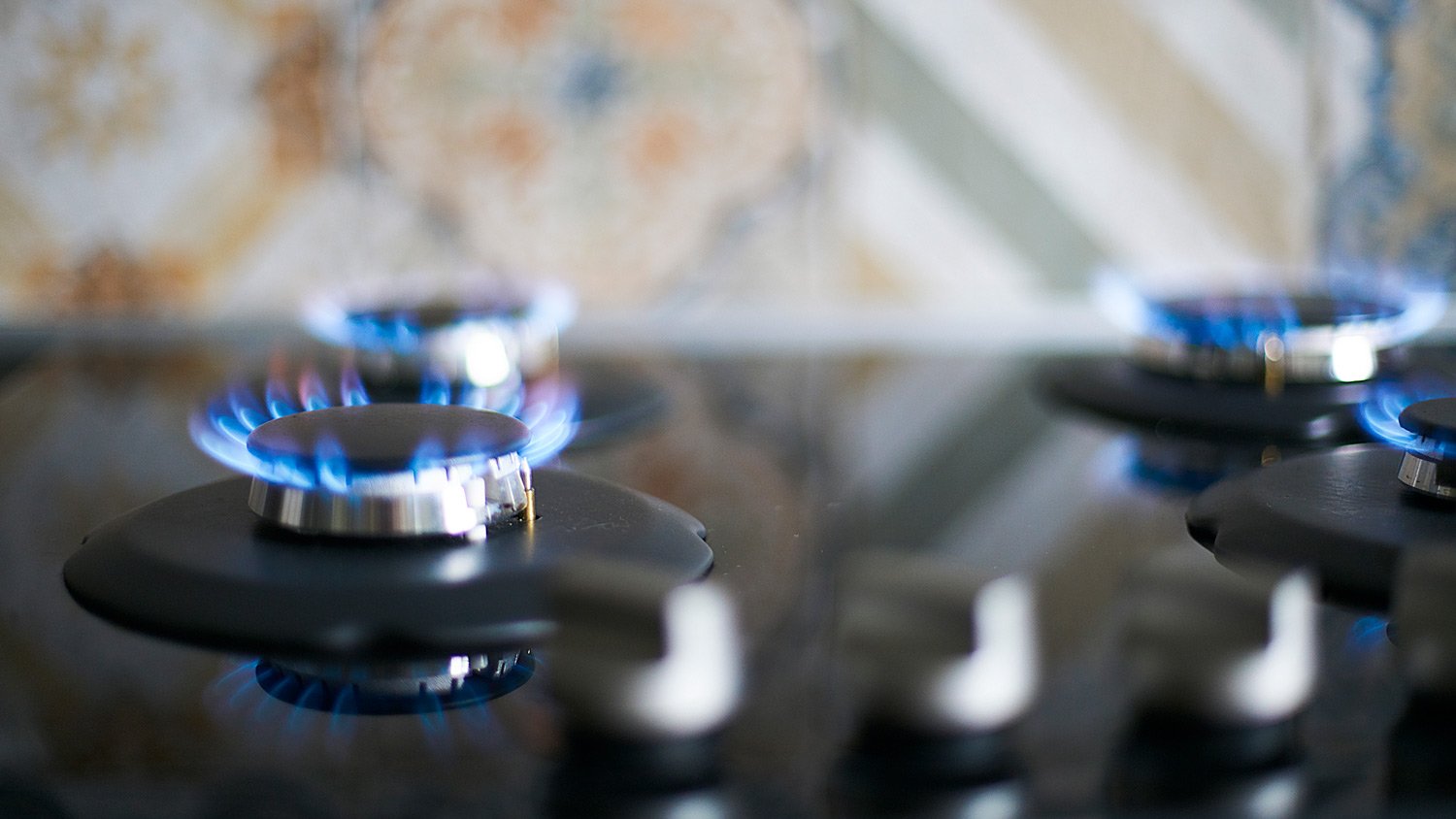Who Installs Gas Lines? Know Who to Call
Call a qualified, licensed plumber to install a gas line


A licensed plumber can install gas lines and add gas valves. In most states, a plumber should have licensing and insurance in accordance with local laws. When considering a plumber to hire, be sure to get at least three quotes before you decide.
Benefits of Hiring a Plumber to Install Gas Lines
Installing gas lines should be handled by a licensed natural gas plumber near you. Natural gas is highly flammable, and mishandling gas line installation can lead to explosions or carbon monoxide leaks. That said, the main benefit of hiring a gas line plumber to install gas lines is that they know how to do it safely to minimize any risks.
How Do Plumbers Install Gas Lines?
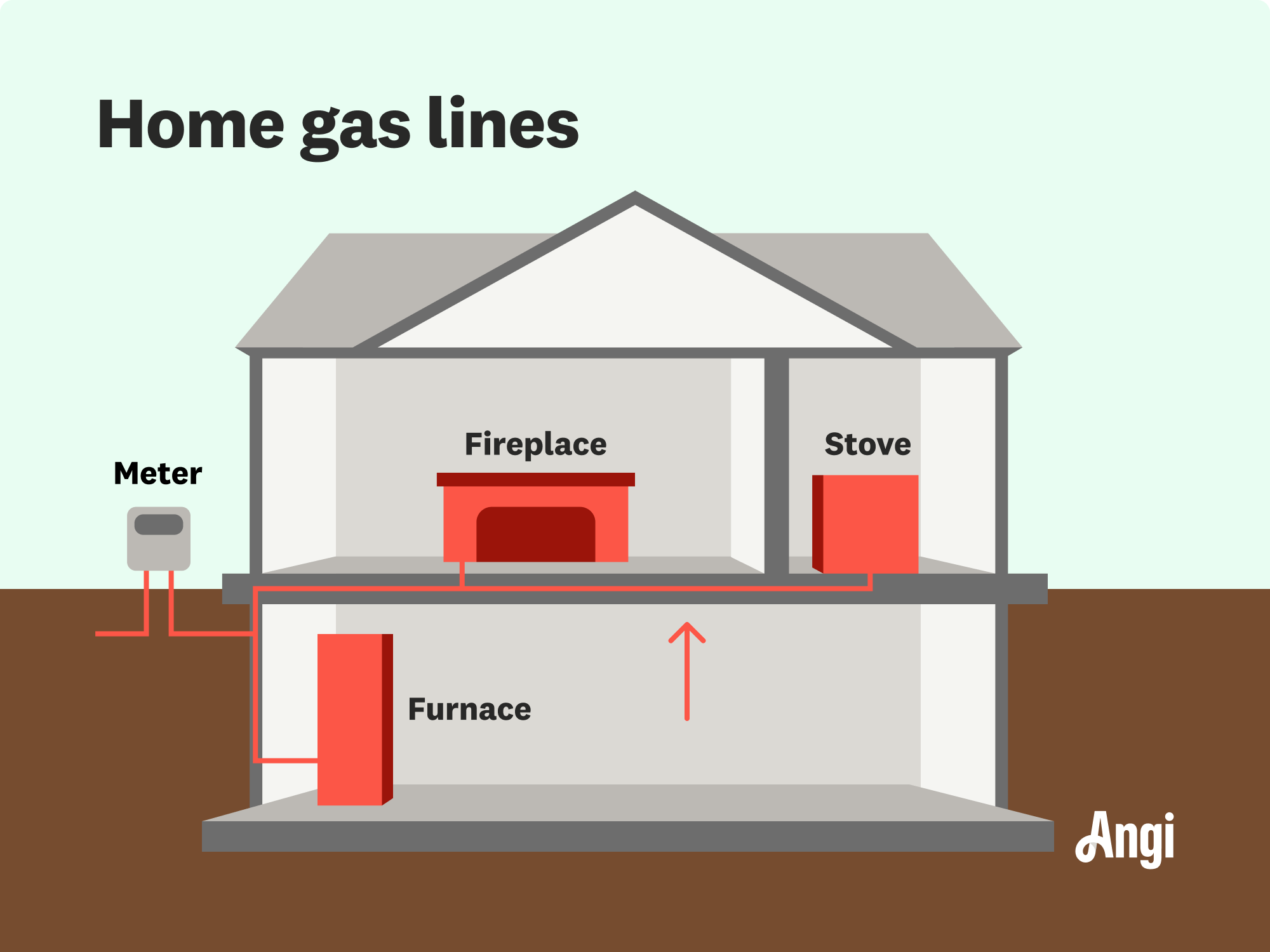
To install a natural gas line, plumbers will first pull the necessary permits. Then, they’ll determine where the line will run and choose the appropriate gas line material. Before they begin their work, they’ll make sure the gas supply is shut off and that there is proper ventilation in the area where they’re working.
They’ll dig a trench for underground portions of the gas line, connect the lines, inspect everything, and then fill in the trench. They will also inspect the connections to your appliances and home and assess how safe your existing natural gas pipes are.
How Much Does Gas Line Installation Cost?
Gas line installation costs between $260 and $820, with the average cost falling at $540. Factors that affect the final cost include the amount of materials, the pipe type, labor, and permit fees. Iron and galvanized steel are the most costly gas line materials, and PVC is one of the most budget-friendly options.
DIY vs. Hiring a Pro
If you need a natural gas line installed, you should definitely hire a pro. Knowing who installs gas lines for stoves, dryers, or furnaces and how to hire a natural gas plumber will help you find the right person who can complete the job safely.
Frequently Asked Questions
For one, natural gas is more affordable than electricity, meaning your wallet might see an overall savings over time. The biggest positive of installing a gas line is that gas-powered appliances will still work during a power outage, so your gas fireplace will keep your home warm and toasty during a blackout.
Gas lines are built for longevity, so they can last up to 50 years when installed properly. However, normal wear and tear are possible, especially in moderate climates. Having a plumber or local gas company inspect your gas lines every year is best to ensure there are no hidden leaks or other dangerous problems.
It’s no secret that natural gas differs from propane, but you’re in luck—licensed plumbers can also install propane gas lines. When you speak to a gas plumber near you, be sure you specify that your project will be for propane gas, not natural gas. Propane lines are slightly different than natural gas lines, so clear communication is key to ensure that your project is completed without a hitch.


